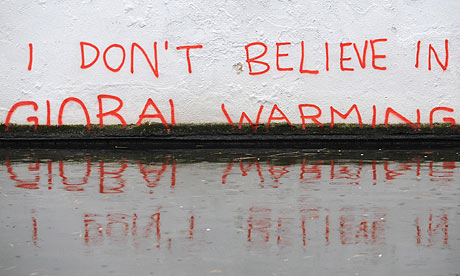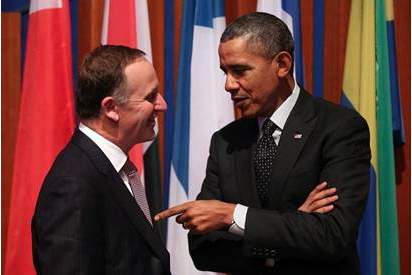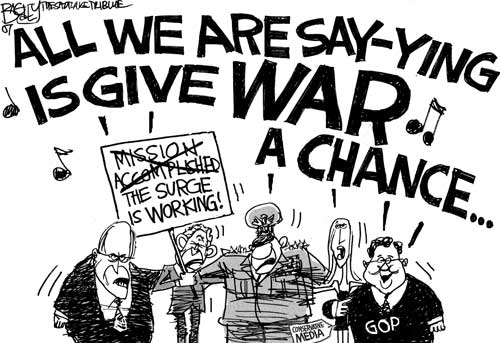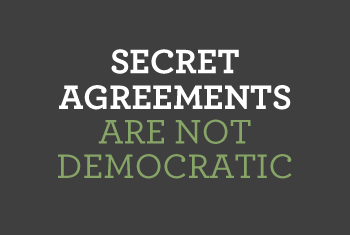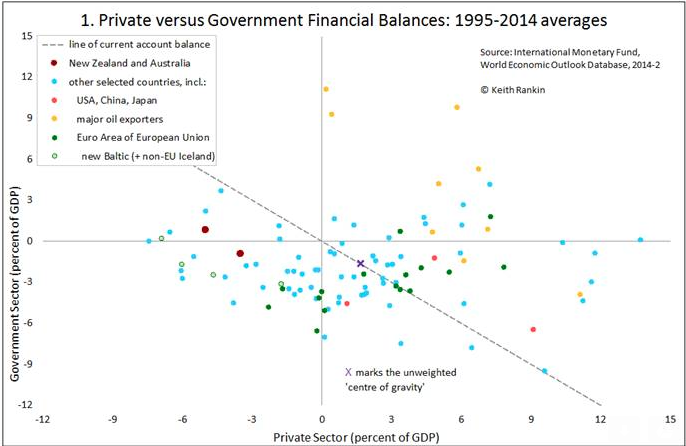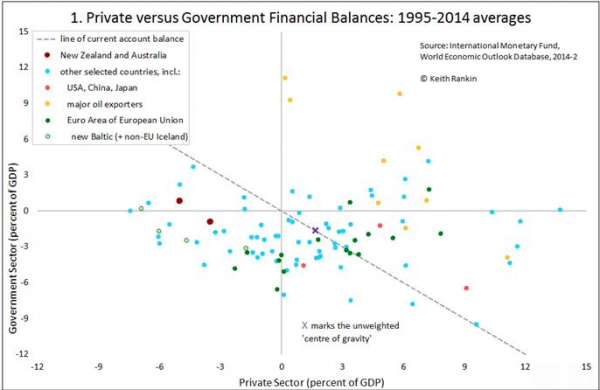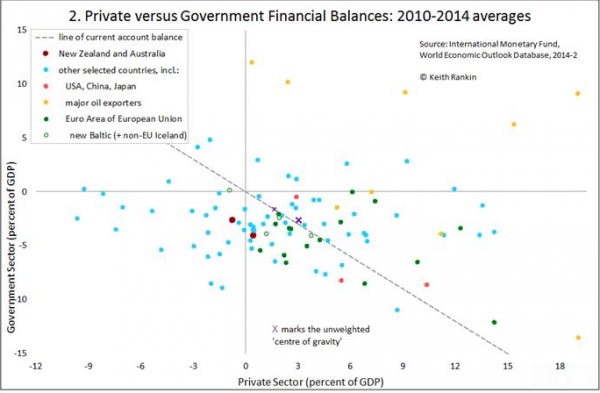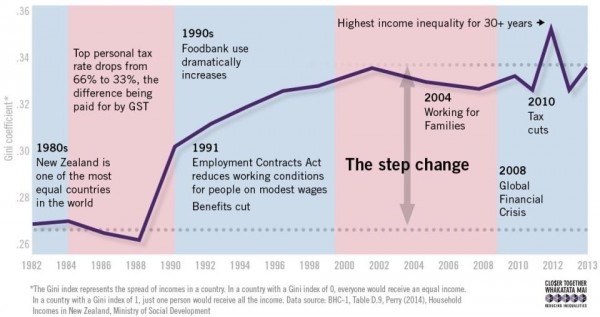Do pigs have wings?
The time has come the walrus said to speak of many things:
“The time has come,” the Walrus said,
“To speak of many things:
Of shoes–and ships–and sealing-wax–
Of cabbages–and kings–
And why the sea is boiling hot–
And whether pigs have wings.”
Lewis Carrol’s famous children’s poem asks two specific questions – One; Why is the sea boiling hot? And Two; Whether pigs have wings?
(While it may not be boiling), We know that sea temperatures have been the highest in recorded history.
We also know the reason:
The reason is global warming – Brought about by the emission of greenhouse gases from burning fossil fuels. It is recognised by governments around the world and the international scientific community, that climate change has dangerously raised the temperature of the oceans, (as well as the rest of the biosphere).
But, as to the second question:
Do pigs have wings?
This is the question I want to address with this essay.
Winged pigs are a common metaphor, or adynaton for something impossible, unlikely, or improbable.
Recently we have had a tour of this country by eminent climate change expert Guy McPhearson, who tells us (rightly in my opinion) that humanity have passed the point of no return, that irreversible climate breakdown, (a catastrophe on a global scale, ushering in widescale extinctions, even possible human extinction, within a matter of decades), has begun. To describe this process Guy McPhearson has coined the phrase “Near Term Human Extinction” (NTHE)
Guy McPhearson admits to the reality of (NTHE) with acceptance and even mourning.
‘It is no one’s fault’, says McPhearson, ‘most of the damage was done before many of us were even born.’
https://www.facebook.com/pages/Guy-McPherson/200473870003415
Guy McPhearson is not the only one to have reached this conclusion, Paul Kingsnorth founder of the Dark Mountain Project has a similar ethos. Paul Kingsnorth goes even further, actively condemning those trying to organise a fightback against climate change, naming people like Naomi Klein and Bill McKibbon of 350.org, and accusing them of peddling (false) “Hopium”, even of “Lying to people”.
There's a classic letter published in the Guardian today criticising Dark Mountain for its 'nihilism', 'doomsday…
Posted by The Dark Mountain Project on Thursday, 13 November 2014
So can pigs fly?
Can we humanity get out of the impossible situation that it finds itself in?
Or like in the horror movie franchise Saw, are we collectively caught in a horrific sadistic trap, partly of our own devising, impossible to escape from?
Should we even try? Or should we, like some have suggested, accept our collective fate and go into a period of individual and collective mourning?
When it comes to climate change there is an extreme wide range of views; From denial: – ‘It is not happening’. To acceptance: – ‘It is happening, but if we act now, we can prevent it getting any worse’. To despair: – ‘It has already happened, and there is nothing we can do about it’.
There has been no real rational debate between the different factions. All seem to have a deep emotive hatred of the others.
And why not? NTHE is an emotive issue. How could it not be?
This has resulted in lot of misunderstanding, heated accusations, emotive name calling, denial, and talking past each other. Egotism, (on all sides), hasn’t helped.
An example; the debate between well known activist George Monbiot. And Paul Kingsnorth of Dark Mountain, degenerated into personal abuse and accusations of condoning genocide on one side, to lying on the other.
The central contentious issue of debate, from all sides is whether, we should do anything about climate change, and will it make any difference if we don’t?
Springing from this first question, (and related to it), is a secondary question,
If we do decide to do something about climate change, what should it be?
1/ Is there any point in doing something?
2/ If there is any point in doing something, what should that something be?
I would like to address the second question first.
This may seem like a back to front way of doing things, but I want to leave the main question of whether we should do anything at all, until the last.
Disclaimer: The following are my views and my views only, I invite others to critique them and tear them to bits and in so doing offer up better solutions and stratagems and pathways forward.
Preamble:
(I) The Blame Game
I remember when I first became aware of the issue of climate change. The issue of climate change was first raised in the 1990s mass media, news paper editorials and TV news as a world problem, at that time the problem was couched in the language of “its all your fault”. You as an individual are responsible. You drive a car, you use air travel, you use disposable products, you use electricity. “Its all your fault” was drummed into us. Obviously this sort of language is pretty diss-empowering, and most people just shrugged and feeling disempowered carried on with their lives. But when enough people did take the message seriously and tried to make personal changes, and found they couldn’t, or it was making zero difference, they eventually began to ask other questions. Why when I cut down my CO2 emissions, do huge factories and industries continue pouring out hydrocarbons that make my individual efforts pointless? Why is there no decent public transportation so that I am forced t
o use a private car? Why am I forced to use disposable plastic products?
What people came to realise is that climate change is a public policy issue not a matter of personal choice at all.
(II) How Does Change Happen?
I am 56 years young. I remember the first time I ever saw plastic waste on a beach. I was about ten years old, sitting on the sand above the tide line at Mission Bay, Auckland. Pushing my hand into the sand, looking more closely, I marveled at the unusual small plastic oblate sphericals about a quarter inch in diameter (2mm) mixed in amongst the golden yellow sand grains which was mostly made up of tiny shell fragments. What were these smooth little plastic balls, and how did they get there?
I learnt later that they were the feedstock for New Zealand’s growing plastics industry, and were being imported in mass in the holds of ships, where they were being spilled into the harbour on unloading. (In the days before containerisation, I imagine that this was a much more messy business.)
When I was a kid, plastic was still a novel product. I remember the first big plastic doll I ever saw which had come from America as gift for a neighboring girl. We all marveled as she showed us how it closed its eyes when you laid it down and cried when you pulled the cord in its back. Most other toys then were made of wood, or metal. Balls were made of leather, or rubber. Raincoats were called mackintoshes after the material they were made of. Goods still came wrapped in brown paper and string, even things like tooth paste tubes were made of metal not plastic.
Rubbish tins were heavy metal bins with metal lids, you could hear the clatter of lids and bins made by the approaching dustmen, which gave you a warning if you had forgotten to get your rubbish out. The teams of dustmen were very fit, but there really was a lot less rubbish for them to pick up, I imagine that landfills were a lot more compact as well.
Shampoo and dishwashing liquid was unknown, my mother used to get me to wash the dishes with a piece of sunlight soap trapped in a little metal cage that you shook in the water until it became frothy. (Nowadays we use disposable, one use, plastic containers and plastic one use dishwashing and shampoo bottles. And this disposable plastic waste can be found washed up on even the most remotest beaches on earth)
Back in the day, drinks and liquids came in recyclable glass bottles – pints, quarts and flagons, you could even get half pints. (For bigger amounts, metal containers. In those days even canned drinks were unknown in New Zealand) The glass bottle was ubiquitous. For us kids though there was greater chance of getting your feet cut, but it was great, because there was a mandatory refund on every intact bottle. For the plastics industry to really get a hold in this country the refund had to be got rid of. I was about 12 when the legislation requiring mandatory refunds on glass bottles was abolished after fierce industry lobbying.
After that glass bottles became uneconomic in comparison, to one use, plastic containers.
Another example:
When I was a teenager my father worked for the education department in the Halsey Street warehouse in Freemans Bay which was a distribution point for educational supplies around the country. From my father I learnt that all government contracts over a certain distance (between cities) had to go by rail.
Again after intense lobbying by the roading and trucking interests this legislation was repealed.
After that highways became busier trunk lines were closed, tracks were lifted, thousands of rail workers were laid off.
I am sure there are many other examples of this. But the take-away message is this; laws and bylaws had to be passed, or repealed, to make the throwaway, polluting society, we know today. The same with the demolition of the public tram system and the beginning of the construction of the motorway system.
Law that can be made, can be unmade.
(II) The World Is A Big Place
Of course the changes happening in New Zealand society to make us a more polluting and wasteful place were not just happening here, they were happening world wide.
But it wasn’t like the a committee of world leaders got together and decided, this is how the world should be.
A few people somewhere decided these technologies were a good idea, (and they were at the time), and they just spread.
This is how the change will come as well.
So forget about international conferences on climate change.
A lot of people are disappointed that forum, after forum, meeting, after meeting, international conference, after international conference. All the governments of the world can still not agree on how to tackle the problem of climate change.
But this is the way it has always been.
This is how it will always be.
The latest failed international conference on climate, convened in Lima last year, was just the latest of a long line of failed meetings of the world’s nation states to come to any agreement on climate change.
You can put money on the fact that the huge penultimate international conference on climate change to be convened in Paris later this year will also fail to come to any binding agreement to cut Green House Gas emissions.
A solution will never come from these international treaty negotiations, it never has, and it never will. Even the current head of the UN Ban Ki Moon senses it.
In the 1930s the precurser to the United Nations, the League of Nations, could not get international agreement on how to confront the rise of fascism, and this failure broke them. Just as the UN will fail to get international agreement on how to confront the rise of climate change, and that failure will probably break them as well.
In the 1930s human civilisation was in a global contest between totalitarianism and democracy.
Humanity are now in global contest with the physics of the climate.
In human affairs, big or small, what often makes the difference between resolute action and indecision and confusion, is leadership.
Just as the UN has failed to address this crisis, so did the League of Nations fail to address the big crisis of their time.
What turned the tide was when one (relatively) small plucky island nation decided to put up a fight regardless of the League of Nations, regardless of the other major powers inaction and capitulation, regardless that (at that time) defeat looked almost certain.
Just as the use of plastics and automobiles spread around the world around the world from one centre. Concerted action against climate will also spread from one centre.
Forget any hope of concerted global action arising out of international bodies like the UN, every country is on its own. The competition will be to see, which country by its resolute actions against climate change, becomes that world leader that sets an example which by its moral power the rest of the world will have to follow.
It is up to each citizen, political activist, community leader, and politician convinced of the danger, in whichever country we are from, to push for our country to become that world leader.
For us here in New Zealand we are better placed than many to take that role.
70% of our power is generated by renewables, we need to make that 100%.
Coal plays a very small part of our economy, we need to make that nil by the end of the decade.
We could be that country that by our actions makes that necessary statement to the world that it is possible to move away from fossil fuels.
Winston Churchill once said, “Grab onto one big idea and never let go of it.”
James Hansen has said, “If we can’t get rid of coal it is all over for the climate.”
New Zealand which once had huge asbestos industry has completely eliminated asbestos from our economy, we could easily do the same for coal, to become the world’s first coal free nation.
This could be our big statement to the world.
(III) So how could we go about it?
On a per capita basis New Zealand is the worlds biggest subsidiser of the the fossil fuel industry, we could cancel all the fossil fuel subsidies immediately and pour the money instead into subsidising renewables.
We could mobilise the workforces of the coal mines, and Huntly and Tiwai into building and operating wind and solar energy stations, and other renewable energy technologies.
We could forget about aspiring to become fast followers.
New Zealand could become the global leader on tackling climate change.
Australia is the world’s biggest coal exporter, Australia has, per capita the highest level of green house emissions.
Undeniably, Australia our closest physical and cultural neighbor, is one of the worst polluters in the world. But because of the nearness of the two nations, both cultural and geographic, resolute action taken in New Zealand, would have political ramifications in Australia.
Why?
Because as well as being, one of the worst polluters, Australia is one of the worst effected countries by climate change, and many Australians are worried (even frightened). Latest polls show that 6 out of 10 Australians don’t think their government is doing enough about climate change. All these concerned Australians need, is lead from their cultural cousins across the Tasman to turn their disquiet into a demand that could not be ignored by Australia’s policy makers and business leaders.
From Australia the fight back will spread to the world.
This is how the war will be won.
(IV) So where should we start?
Both the New Zealand Green Party and the Mana Movement policy is “No new coal mines”.
Just as the campaign against nuclear ships was won on the ground first.
Activists from the Greens and Mana, and others, have been putting the agreed policy of ‘No New Coalmines’ into practice on the ground.
After an epic two year battle, these activists have fought Fonterra to a standstill, over Fonterra’s plan to develop a new coal mine at Mangatangi, just south of Auckland.
But despite being beaten at Mangatangi, Fonterra have not given up on coal, and have decided to source coal from Solid Energy, the technically insolvent government coal company.
To meet Fonterra’s demand, Solid Energy have decided to reopen an abandoned coal mine at Maramarua 5k down the road from Mangatangi.
If the activists can stop the Maramarua coal mine on top of stopping the Mangatangi coal mine; Make no mistake, this will be a stake through the heart of the coal mining industry in this country, representing a major milestone on the way to making New Zealand completely coal free.
Nothing succeeds like success. Just as the successful protest campaign against nuclear ship visits, used the victory on the ground to leverage this into government policy. We again have the ability of achieve legislation which will have wide ranging international implications.
There are a number of other contenders to be this signature victory against climate change in this country, but in my opinion they do not have the same potential for achieving a signature game-changing-knockout victory on climate change that the proposed Maramarua coal mine has.
The other New Zealand contenders for a signature victory against climate change are:
– The Denniston Coal Mine in the South Island.
– The campaign against deep sea oil drilling.
Both these above campaigns have been handicapped by the tyranny of distance.
Just like applied in gorilla warfare, climate change activists need to concentrate our forces where our opponents are weakest and where we are strongest, that has always been near the main population centres. Maramarua fits this bill.
The other thing about Maramarua, is that it can only be fought on climate change grounds, there are no environmental issues, the climate change message cannot be confused, or adulterated by being mixed with environmental concerns.
If this battle epic battle against climate change in this country is not fought and won at Maramarua it can not be fought and won anywhere.
(IV) (And so for the question I have left til last). Should we even bother?
Both the Deniers and the Doomers have one thing in common, both believe (albeit for different reasons) that there is nothing to be done about about climate change.
Are they wrong? Are they right?
In my opinion if something can be done, it should be done.
Some of my closest friends and advisers tell me that the doomers are right. “There is nothing that any of us can do that will make a difference.”
The time has come, for us to find out!
Pat O’Dea is the Mana Movement spokesperson for climate change.

